I'm a Designer and Developer studying at and working for Delft University of Technology. I study Industrial Design Engineering and work as Student Coding and Media Support for the TU Delft Library.
Creation is the most fun of all things. Creating an idea and shaping it into something that works is what
I love to do. Starting out with bricks when I was young, I started building my ideas and putting them into
the world. Later on, I discovered coding. Building things with an unlimited number of bricks and tools to
work with to show my ideas to others.
Designing is the process of creating, building something together. It is this process, this challenge,
which I think is the most interesting part. Finding the best way to combine strengths, cover each other's
weaknesses to create the absolute best things possible. This is why I will always be excited to design
and develop with others.
Designing is easy, everyone can do it. But designing something well is hard, really hard,
actually. This is for me the most important lesson I learned as a designer.
It describes the beauty of design for me. Everyone can design. It is something that binds
us as people, no matter where you’re from, no matter which language you speak, we all design.
It is a connection between all of us.
But designing well is challenging. It requires creativity,
the ability to look at things from a point of view you have never considered yourself and
maybe the hardest of all, it requires you to fail, a lot. This is why I think design is best
done together. Designing together already helps against pitfalls like being stuck in one
perspective or not realizing an idea could be better if you would change it somehow.
Generating ideas together will always, always result in a better end product. And this is
also what makes design so enjoyable, talking to each other, figuring out what someone means,
drawing some quick sketches on a bit of paper lying around. And then, finally, creating
something together.
To create opportunities to connect and stay connected, I wanted to create a new social
gathering space by transforming a room in a church located in the Heemskerk city center.
I designed a social gathering space for teenagers to meet on Sunday evenings so they can meet
up and play games. This is a space created to give teenagers a meeting place and is open to
everybody. The idea is to stimulate contact between these teenagers and take them outside
their own daily bubble. This is all to combat loneliness, provide new perspectives, and offer
teenagers a sense of community with people around their own age. This way, they have
opportunities to help and support each other.
This space started as a messy upstairs area of a church in the city center of Heemskerk.
Over a period of about 3 months, I designed and built, with the help of some friends, the
entire space. First sketching, then over to 3D-moddeling for the bar itself. Creating plans
for different possible layouts and talking with many different people about budget,
possibilities, and how the space could be used outside the youth group as well. And ultimately
building everything to realize all the plans.
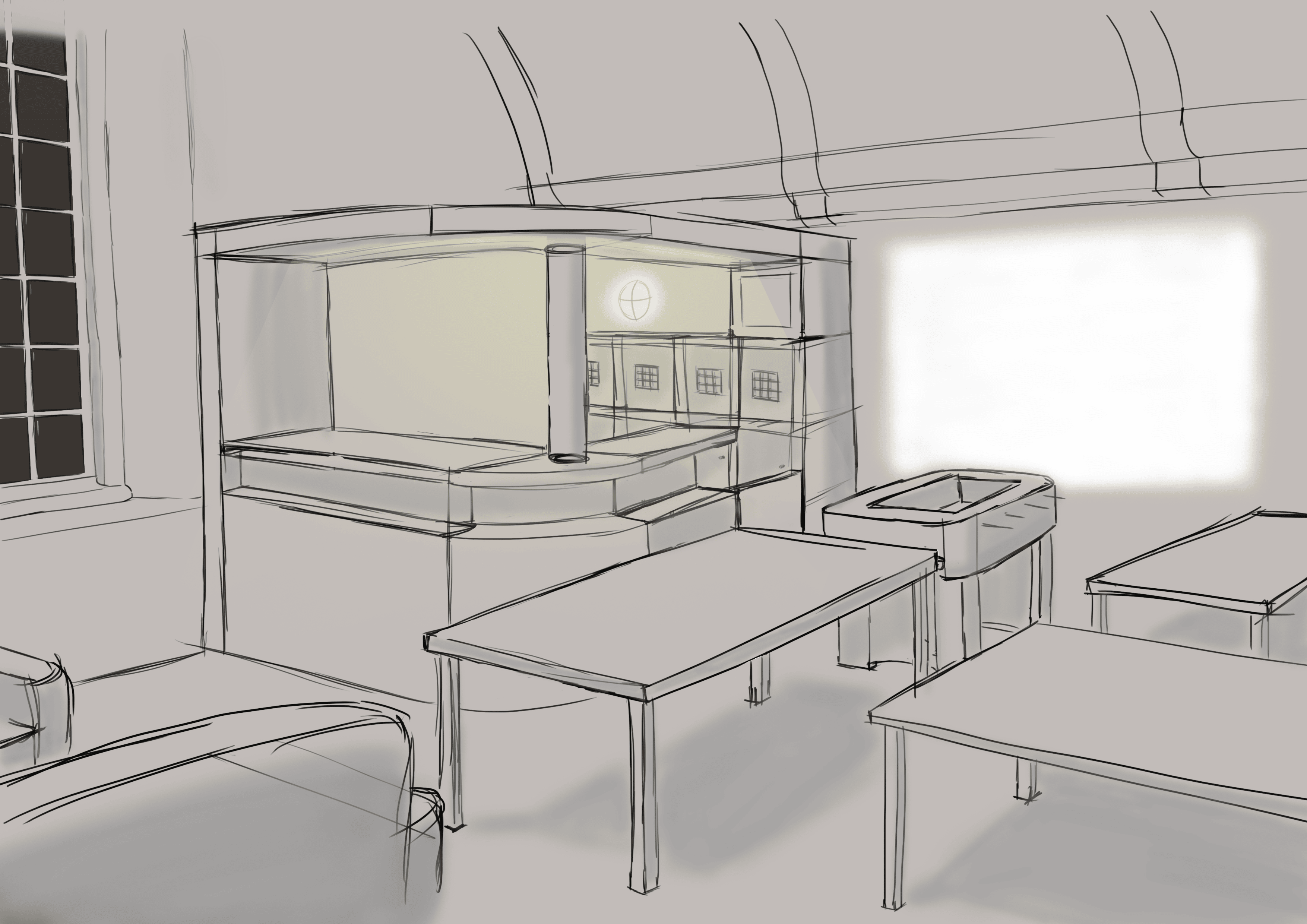
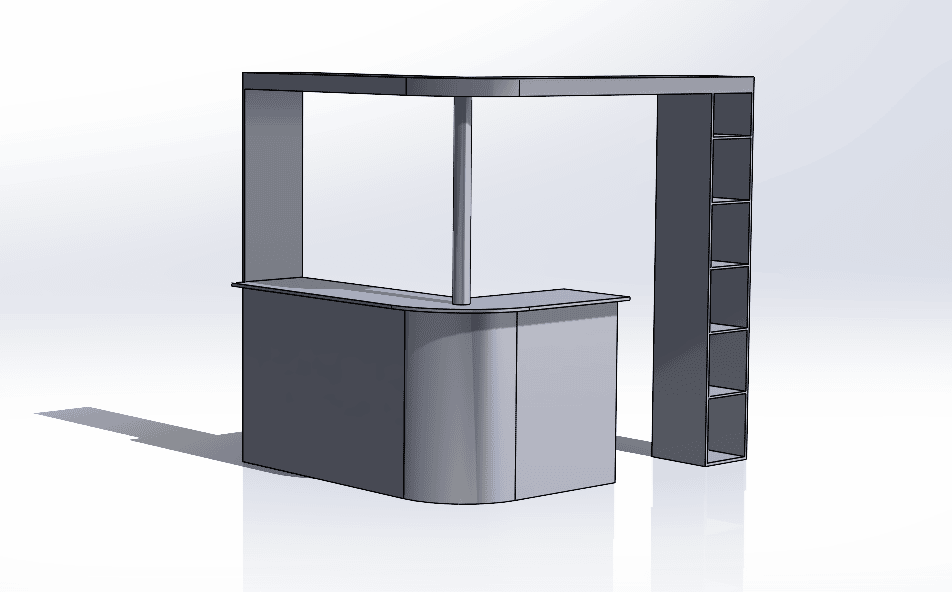
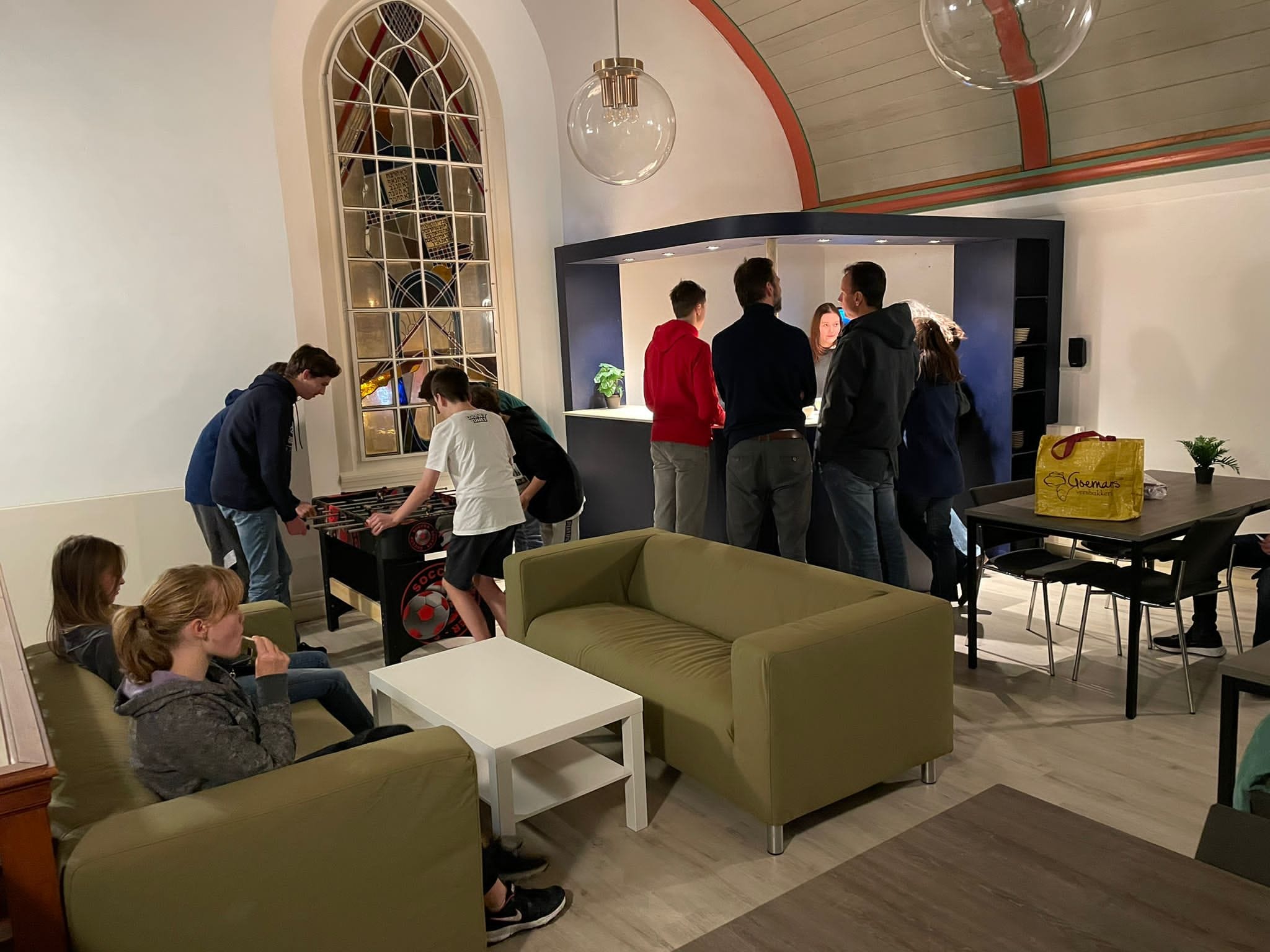
To stimulate different senses in new ways, my team and I wanted to approach the senses in new
and creative ways. We wanted to do this by creating an artwork which targeted the senses
in interesting ways.
We created this artwork for an exibition within the TU Delft library where it was displayed.
The artwork was created focusing on touch, sight, and hearing. Starting by making it possible
to touch the artwork everywhere. Feel the interesting shapes and textures throughout the
artwork. Then the main part of the artwork consisted of "invisible strings." Using sensors to
detect hand movement within the artwork, you could play these strings and different hand
positions would correspond to different sounds and lights.
The lights created new perspectives and lit up different parts of the brightly colored artwork.
Next to that, you could even combine sounds and lights by playing multiple strings
simultaneously.
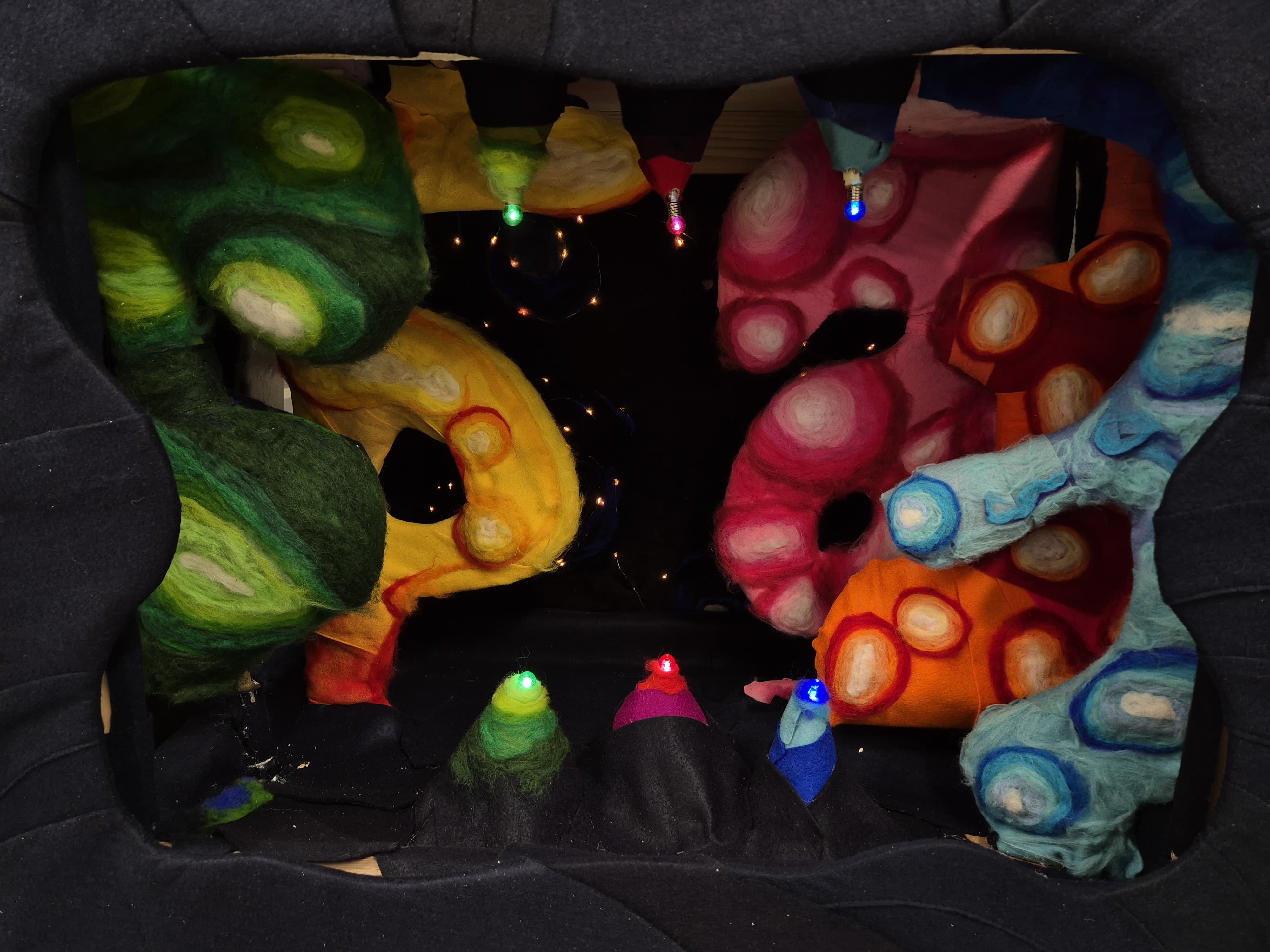
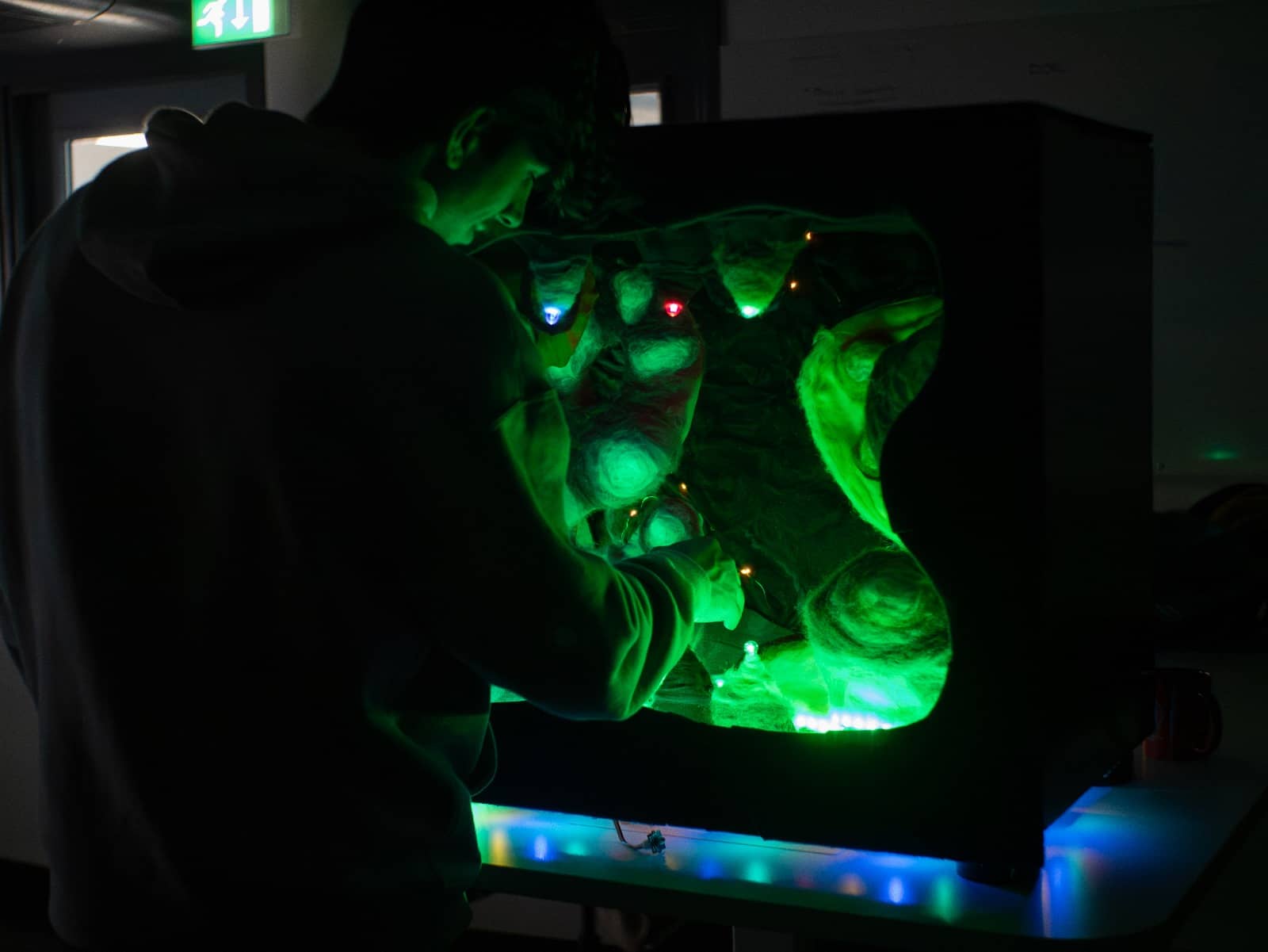
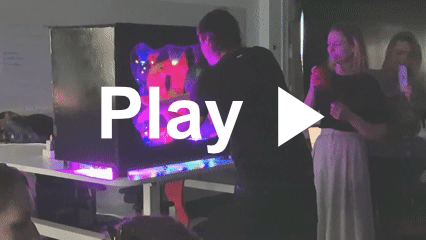
To learn VR-sketching, my team wanted to make a finalized project by creating a
hypothetical Mars rover and render our model using Blender.
We began by creating a full-scale frame to establish the basic shape. Then, through an
extensive process, the frame was enclosed using sheets that connected all the ribs. We
ensured that every component had double walls to avoid paper-thin surfaces and to provide
an interior living space. We added all the necessary elements to make the rover suitable
for multi-day missions in the future. Finally, the rover was rendered in Blender to produce
high-quality visuals and present the concept in its final form.
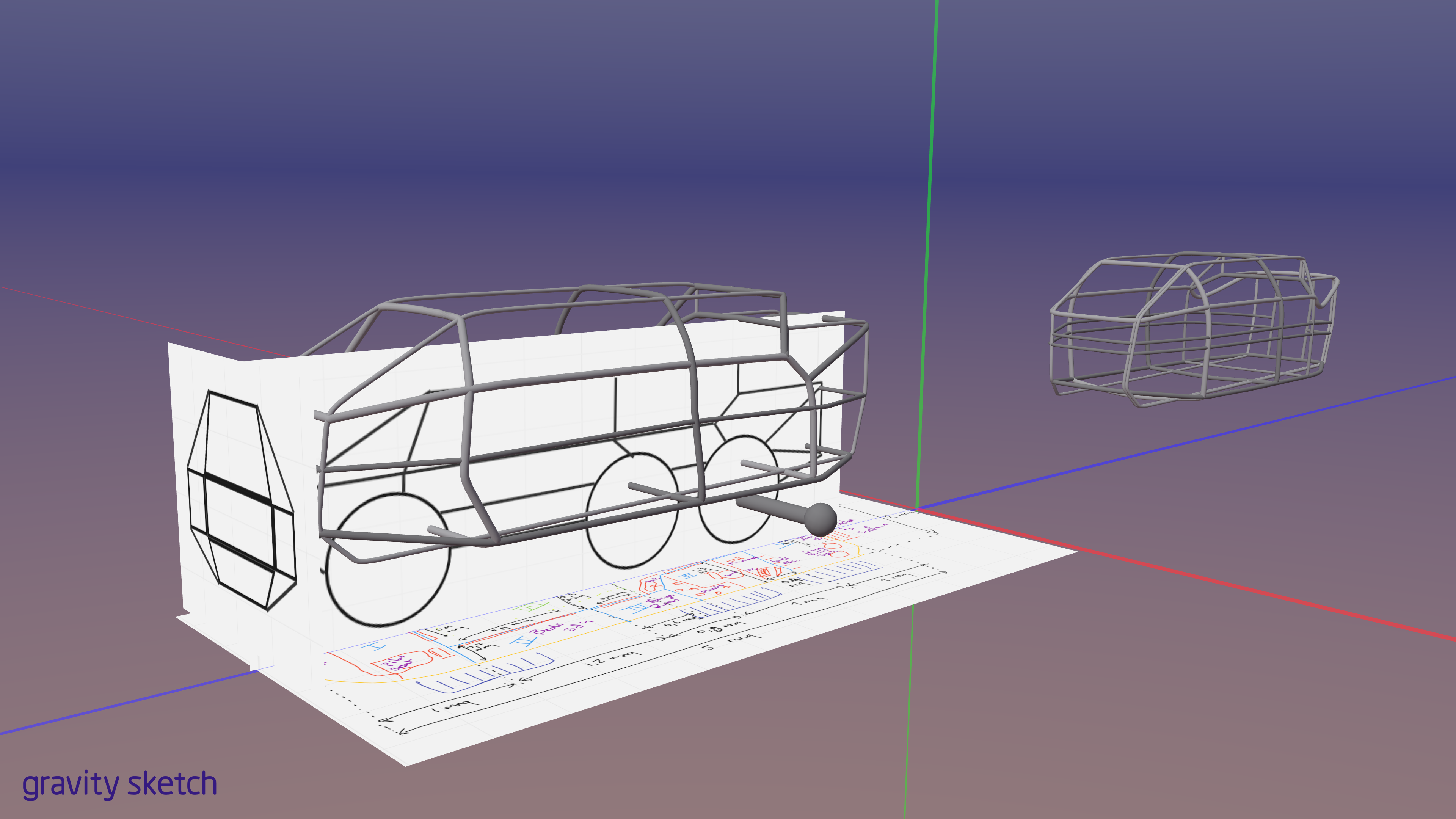
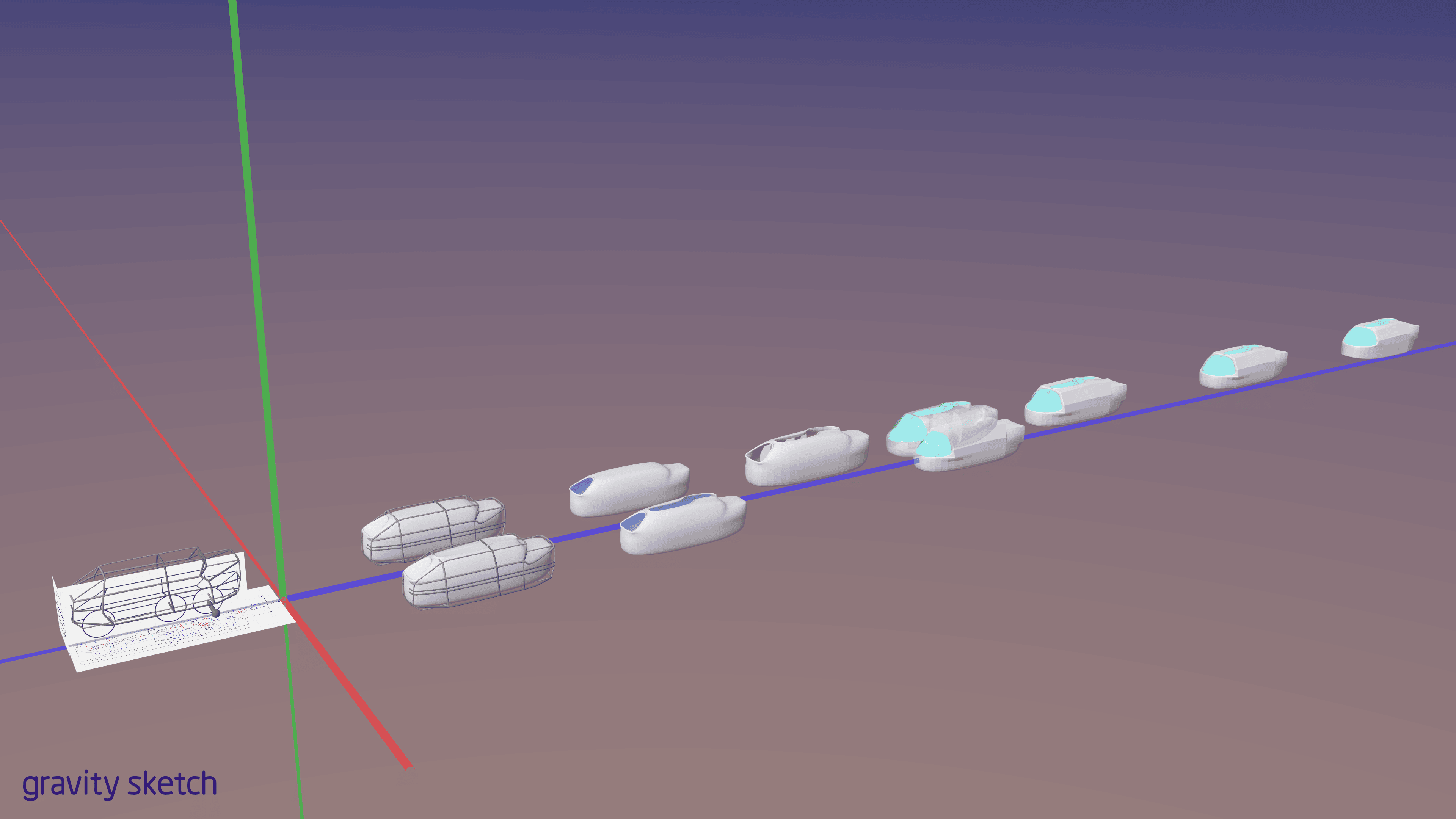
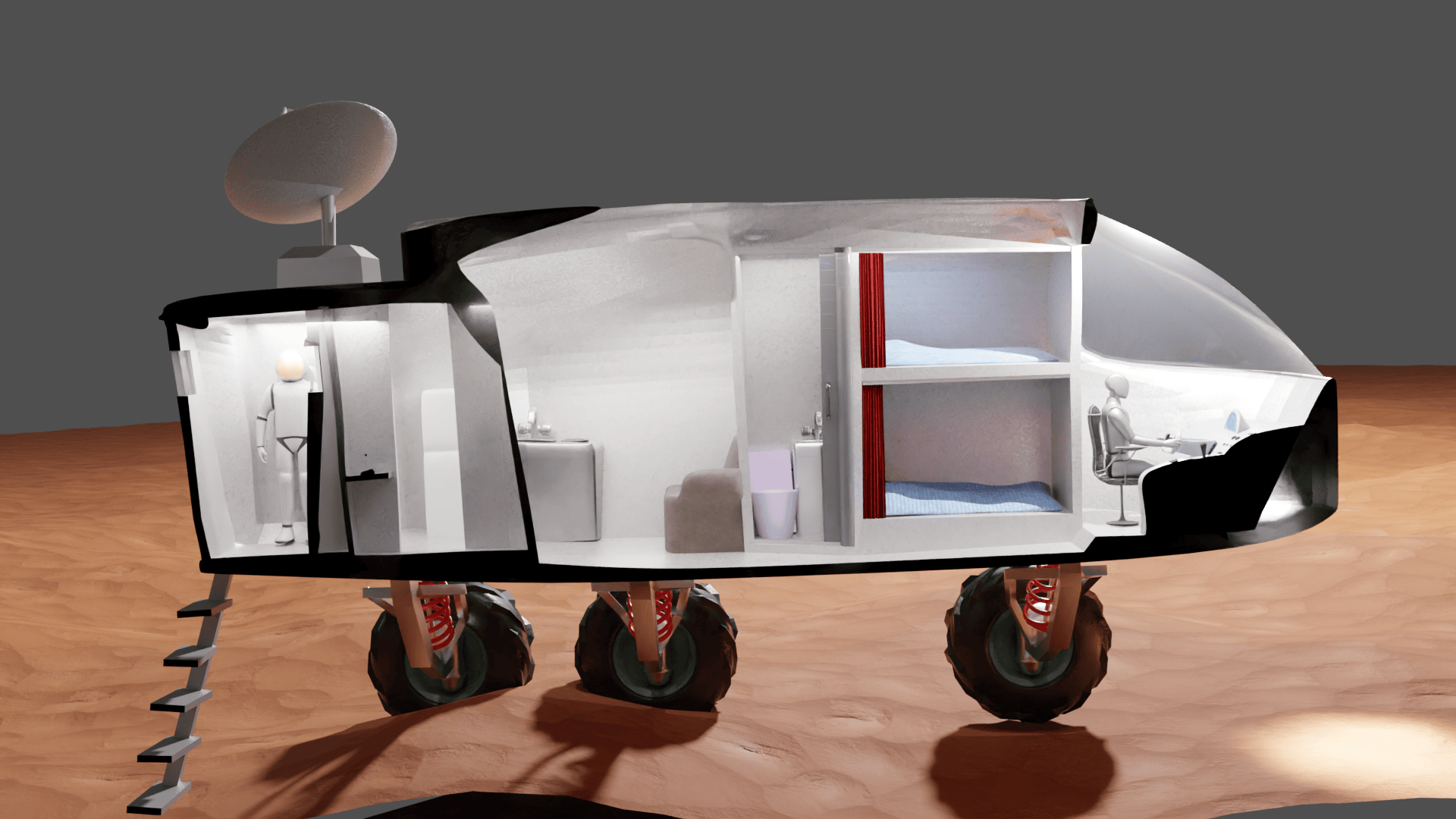
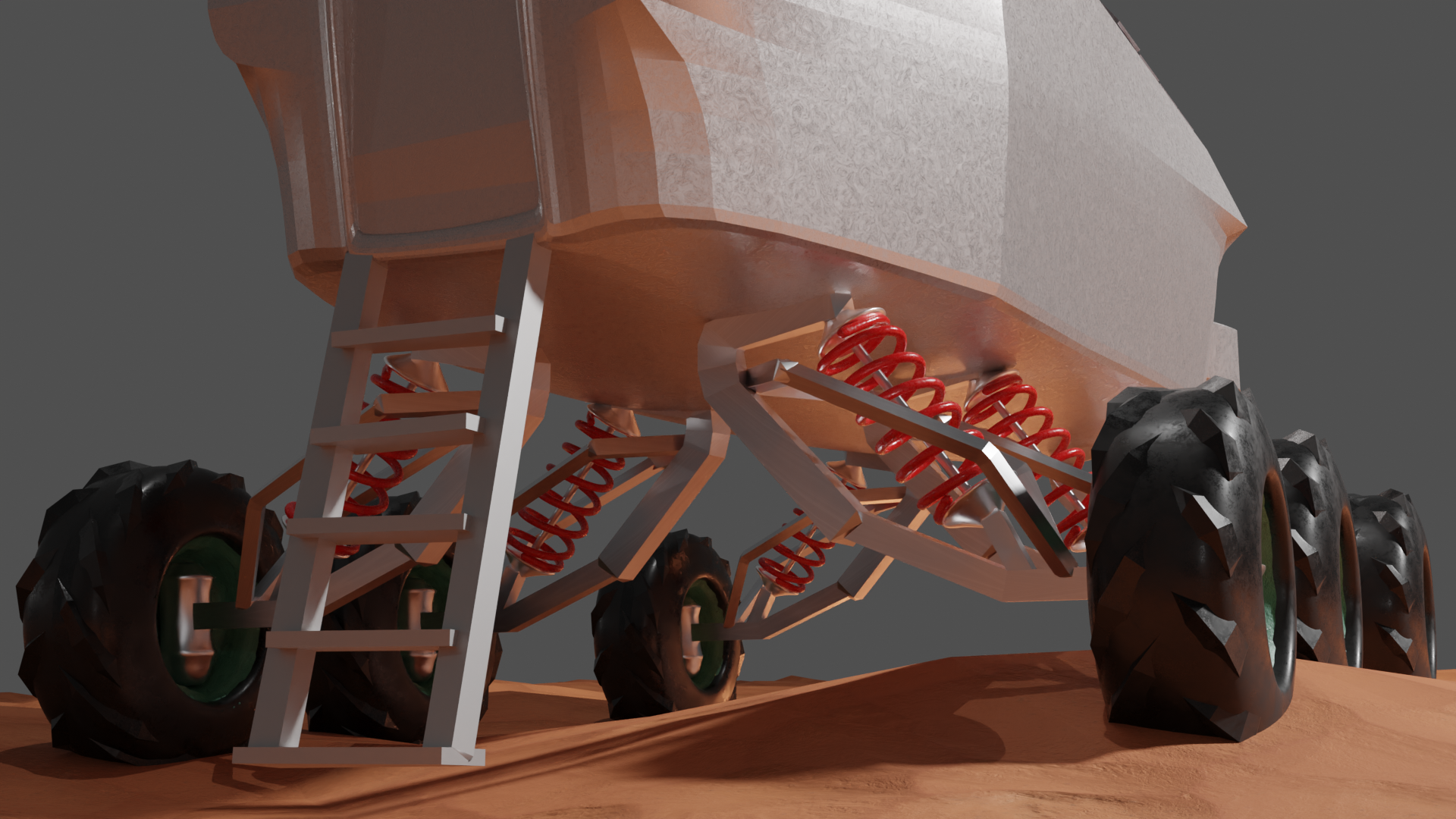
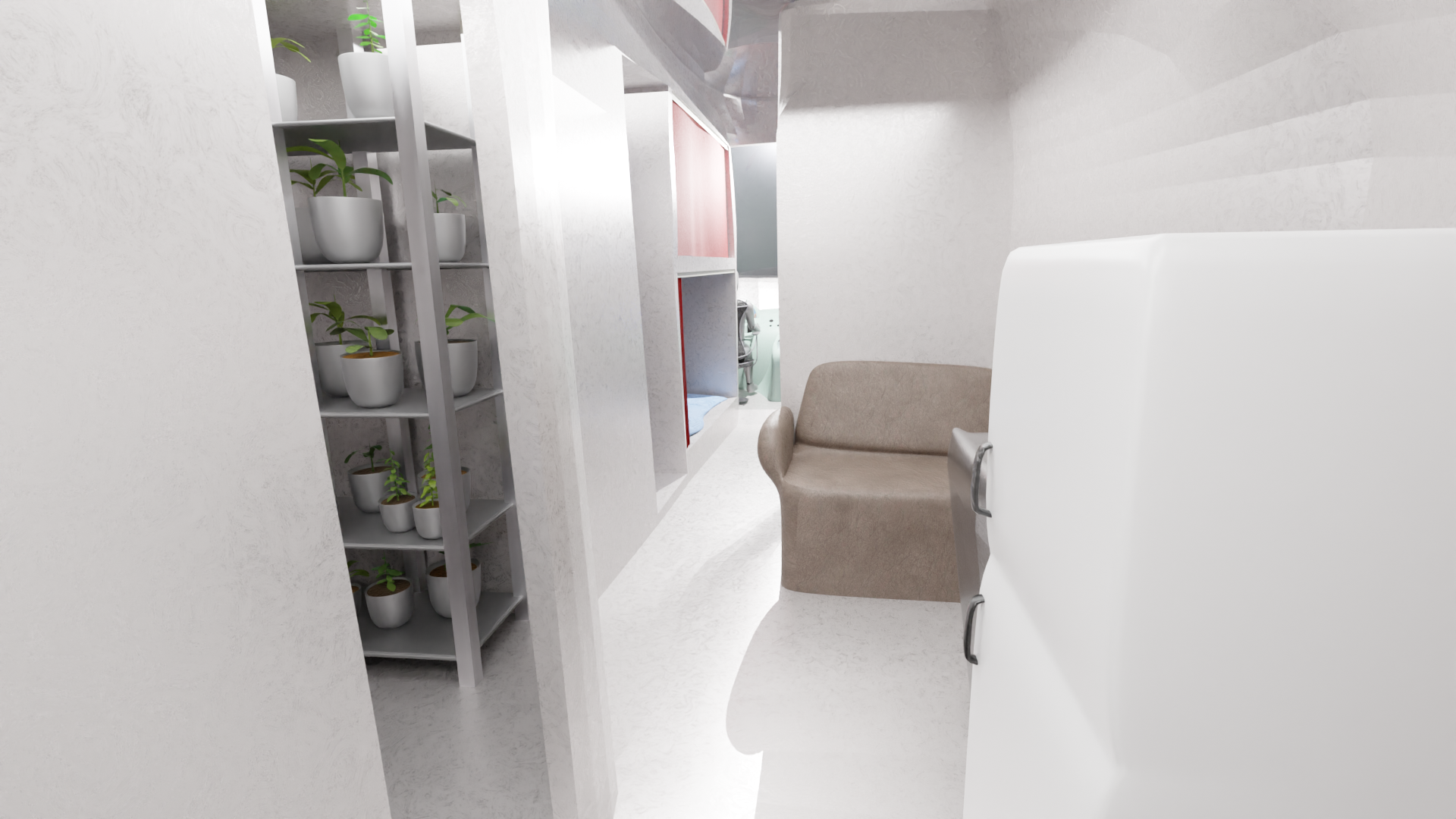
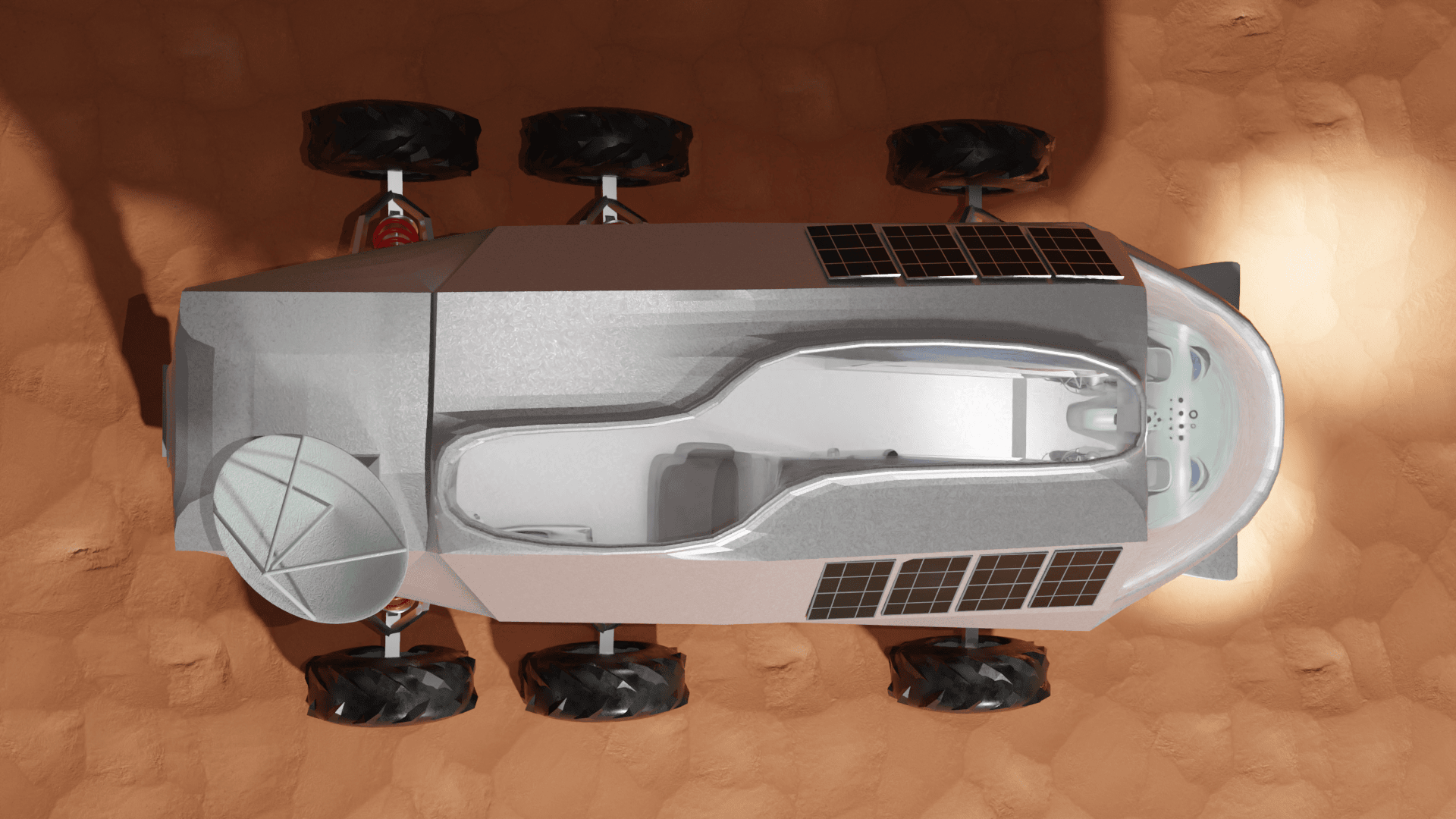
Sketching, drawing, and editing are all import skills while designing. They are essential
to create a good design and to communicate with others.
Sketching lays out a plan, using quick and easy visuals. It is the best way to communicate
quickly and is absolutely crucial while brainstorming with a team of people to get your ideas
across in the best possible way.
Drawing and Editing are the next steps. Sketches are nice, but they only take you so far. By
drawing your ideas, they are presentable to clients. Being able to edit photos is an important
step in finalizing your drawings. Often being needed to best transition your design into digital
images for production posters and websites.
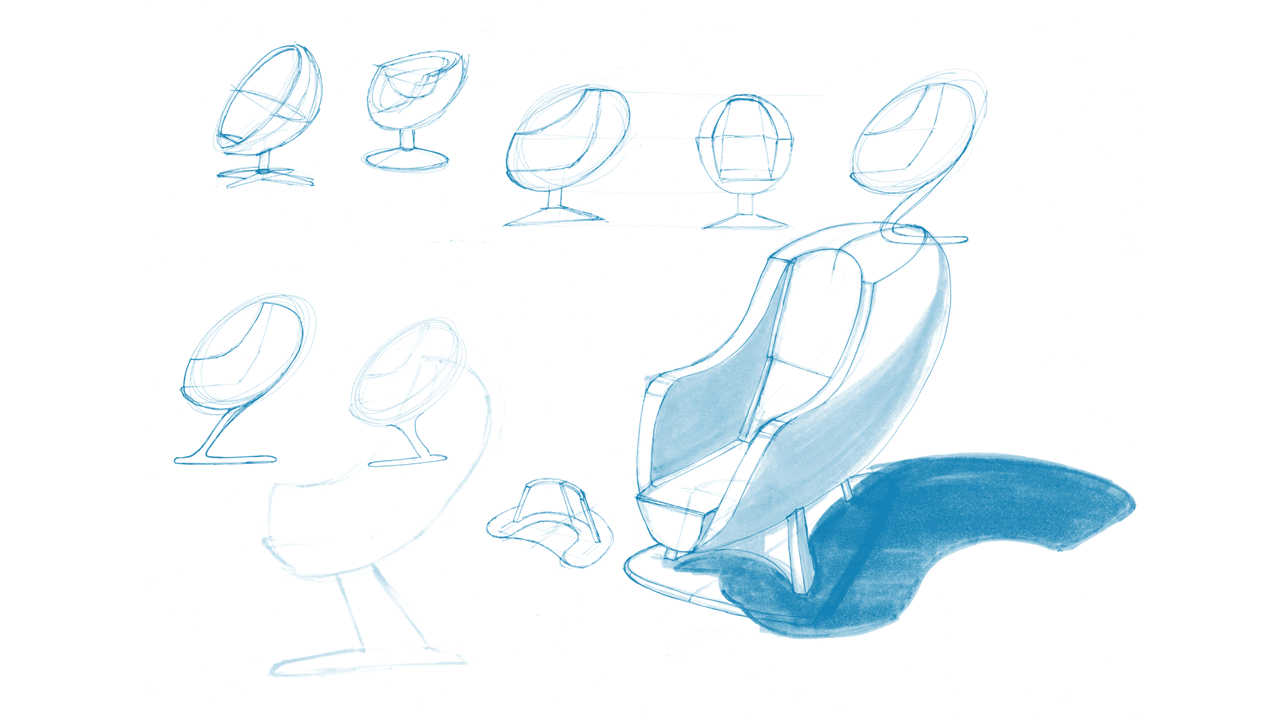
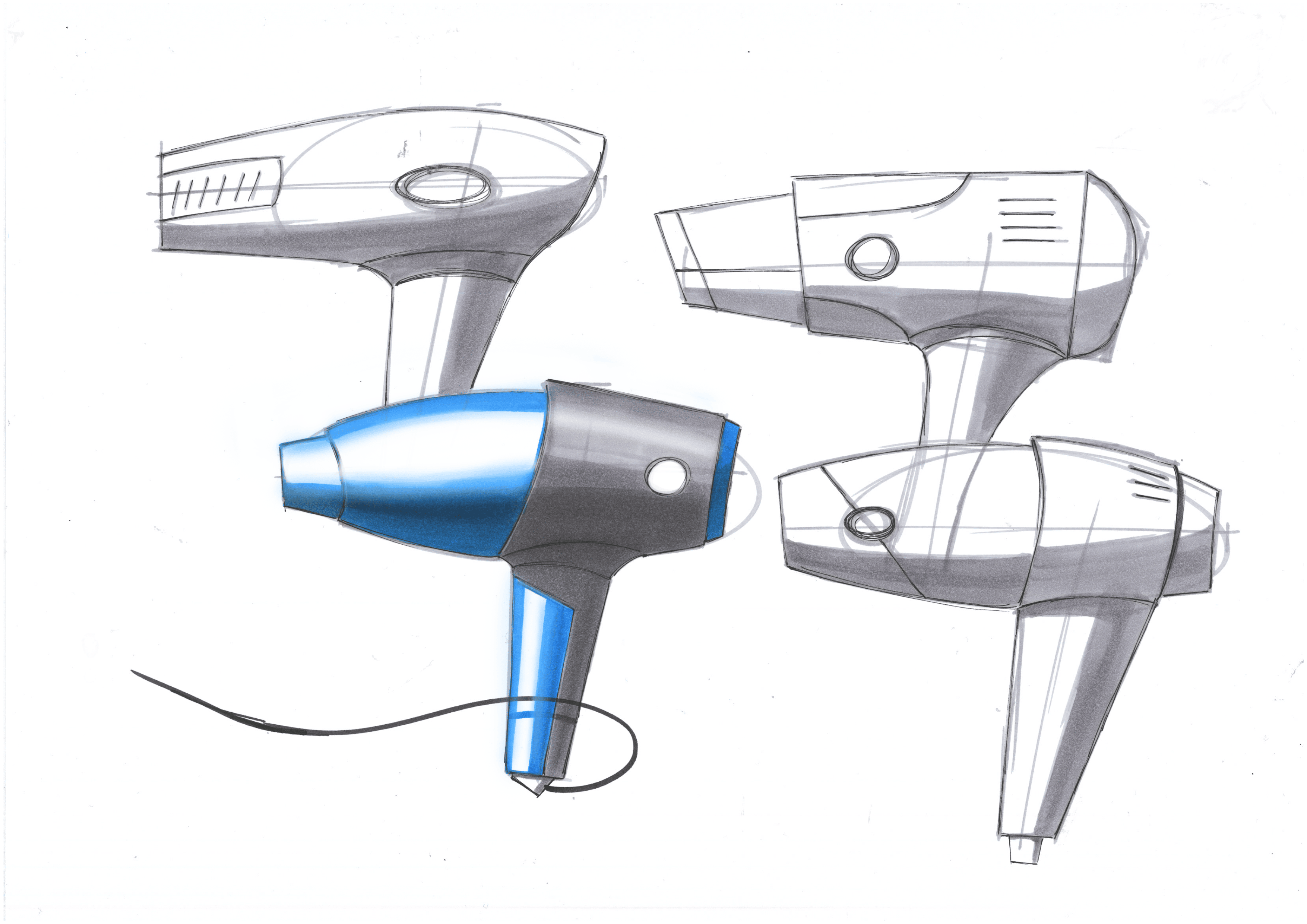
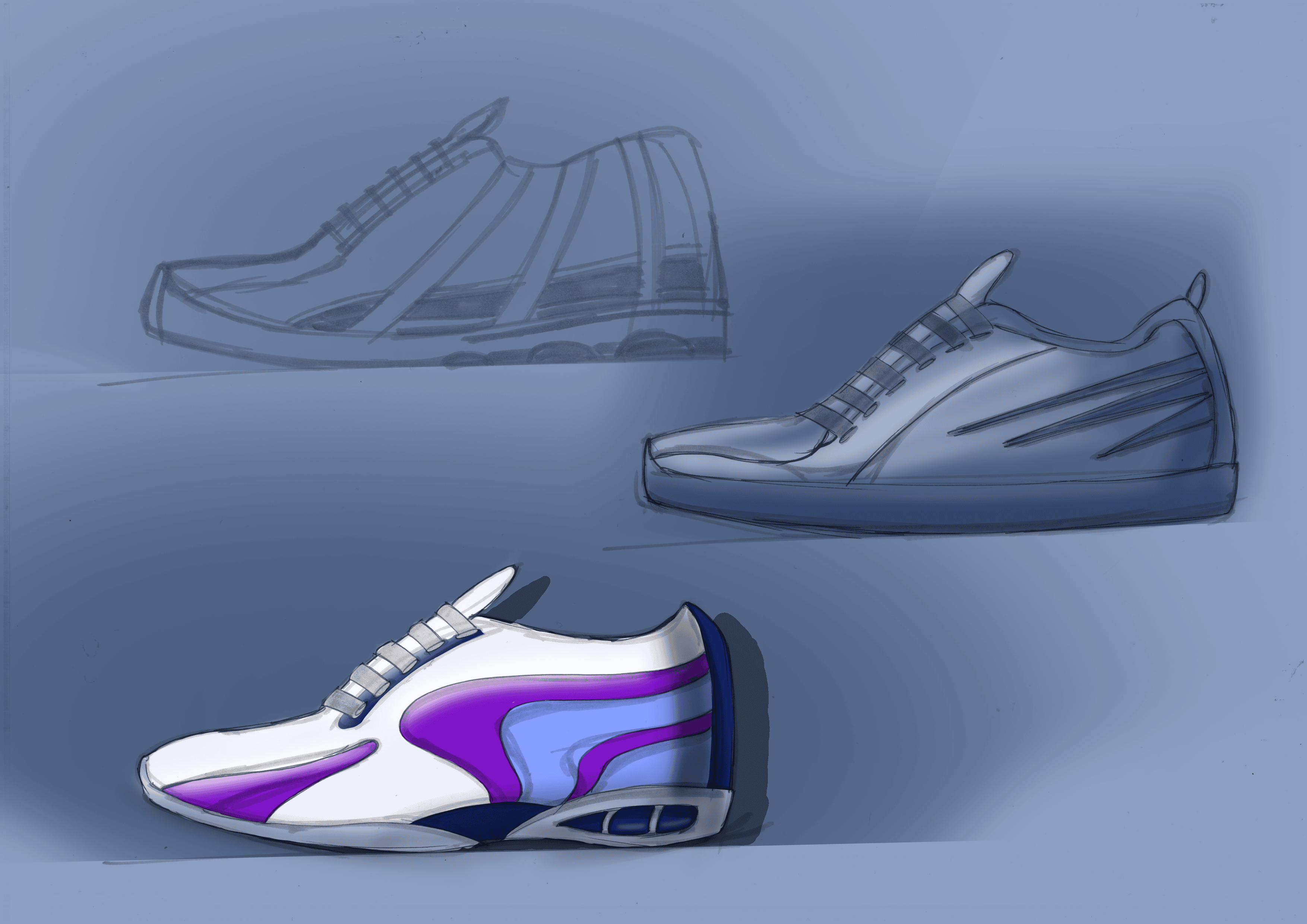
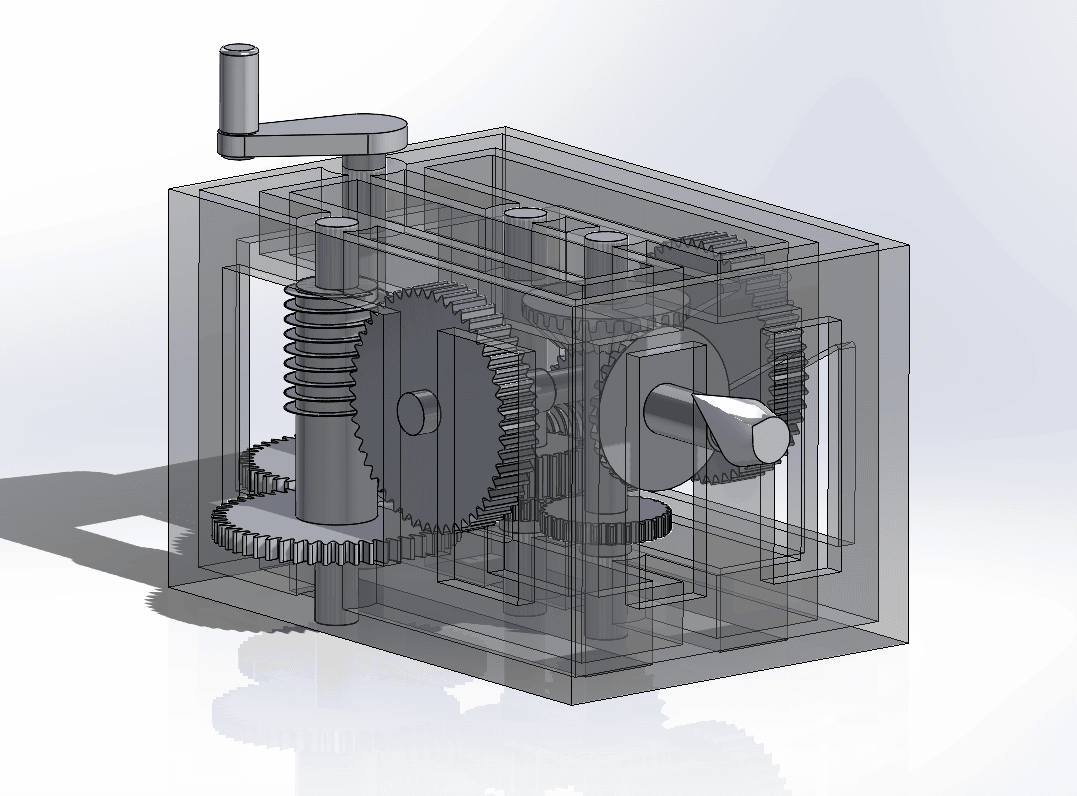
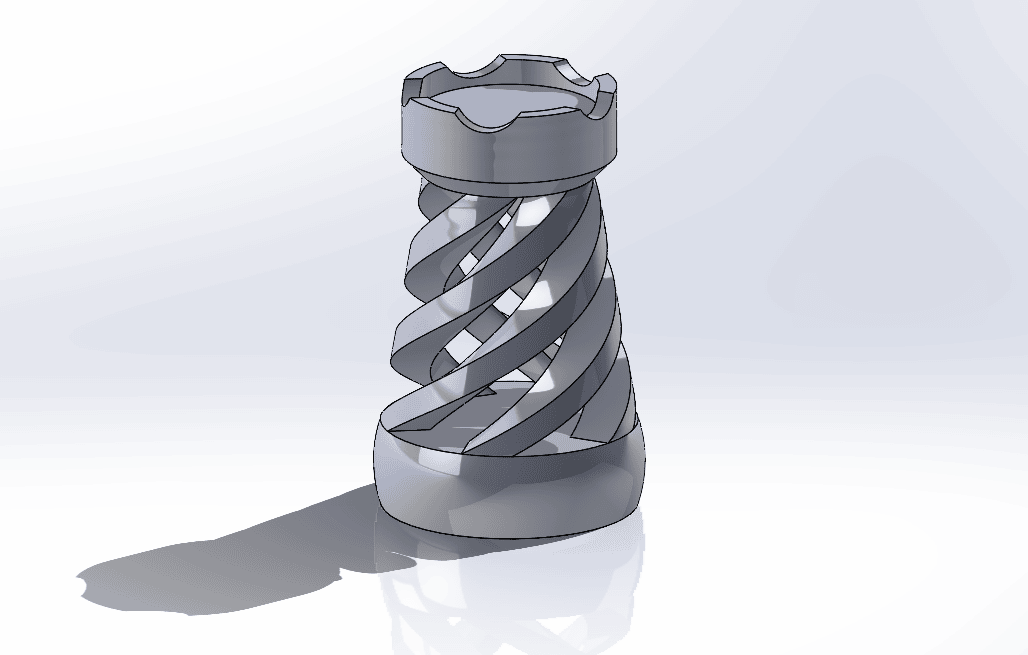
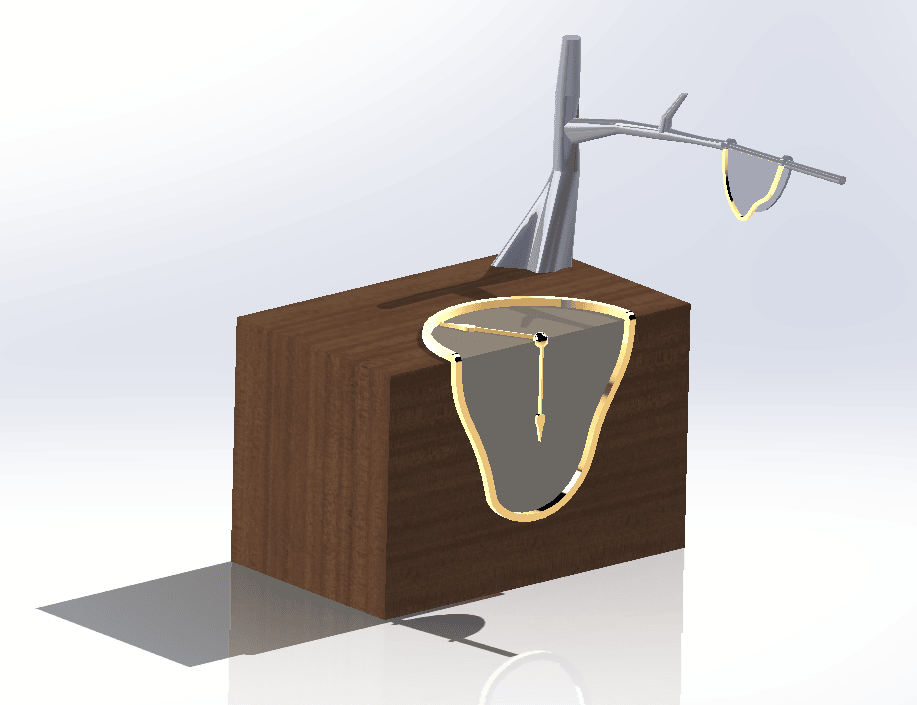
Making things is amazing. Well, coding is like building something, but with an infinite number
of building blocks and opportunities right at your fingertips. So many people who
have never met, but are collaborating over the internet and helping each other because of their
passion for making something great.
The only real limit in coding is your imagination. Use every building block available and if you
can't find the correct blocks? Create them yourself! Explore different languages with their own
pros and cons and use your knowledge from one to improve the other and be even
better for it.
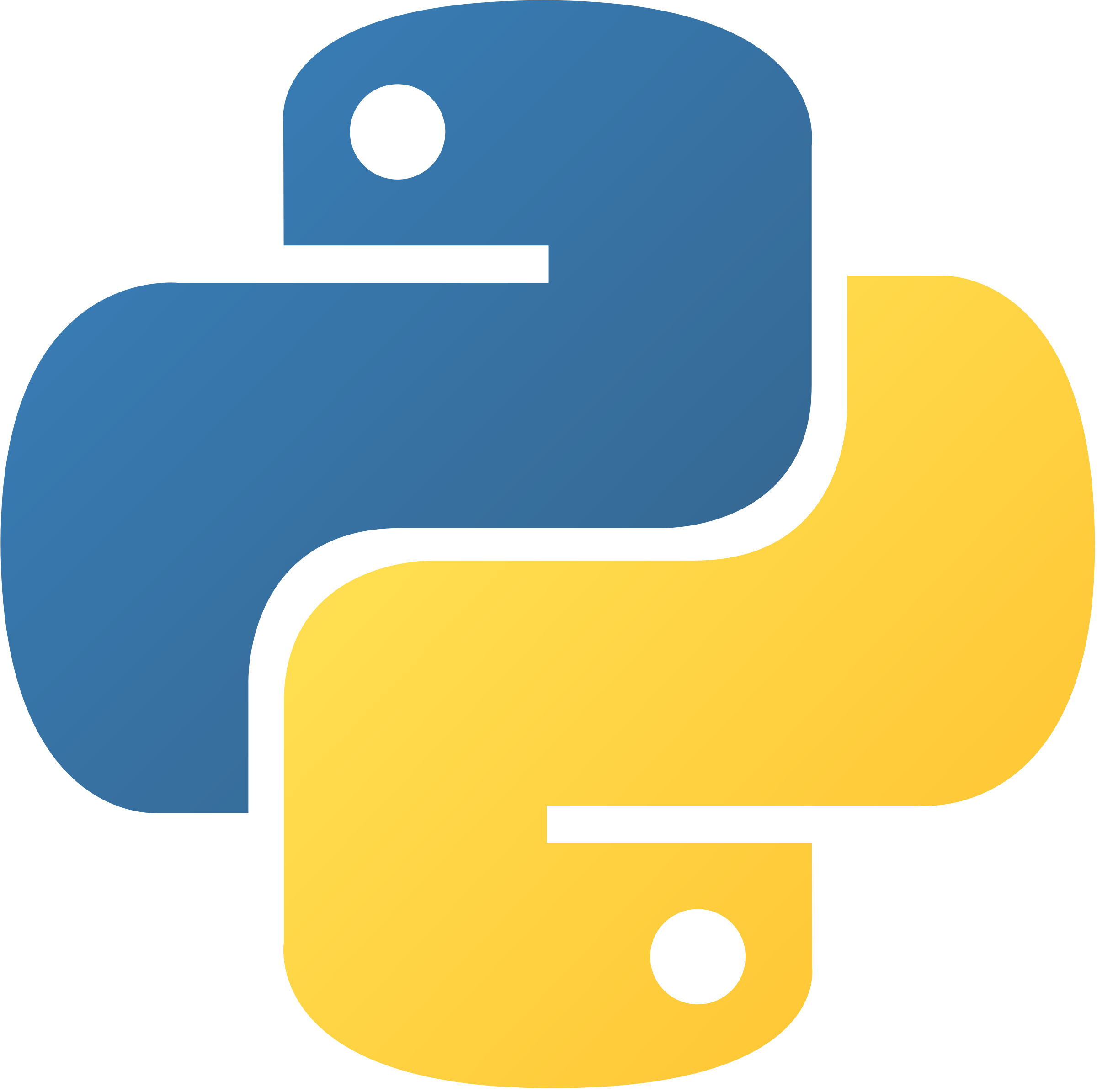
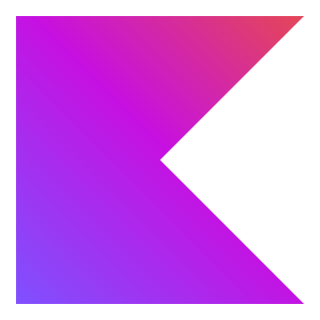
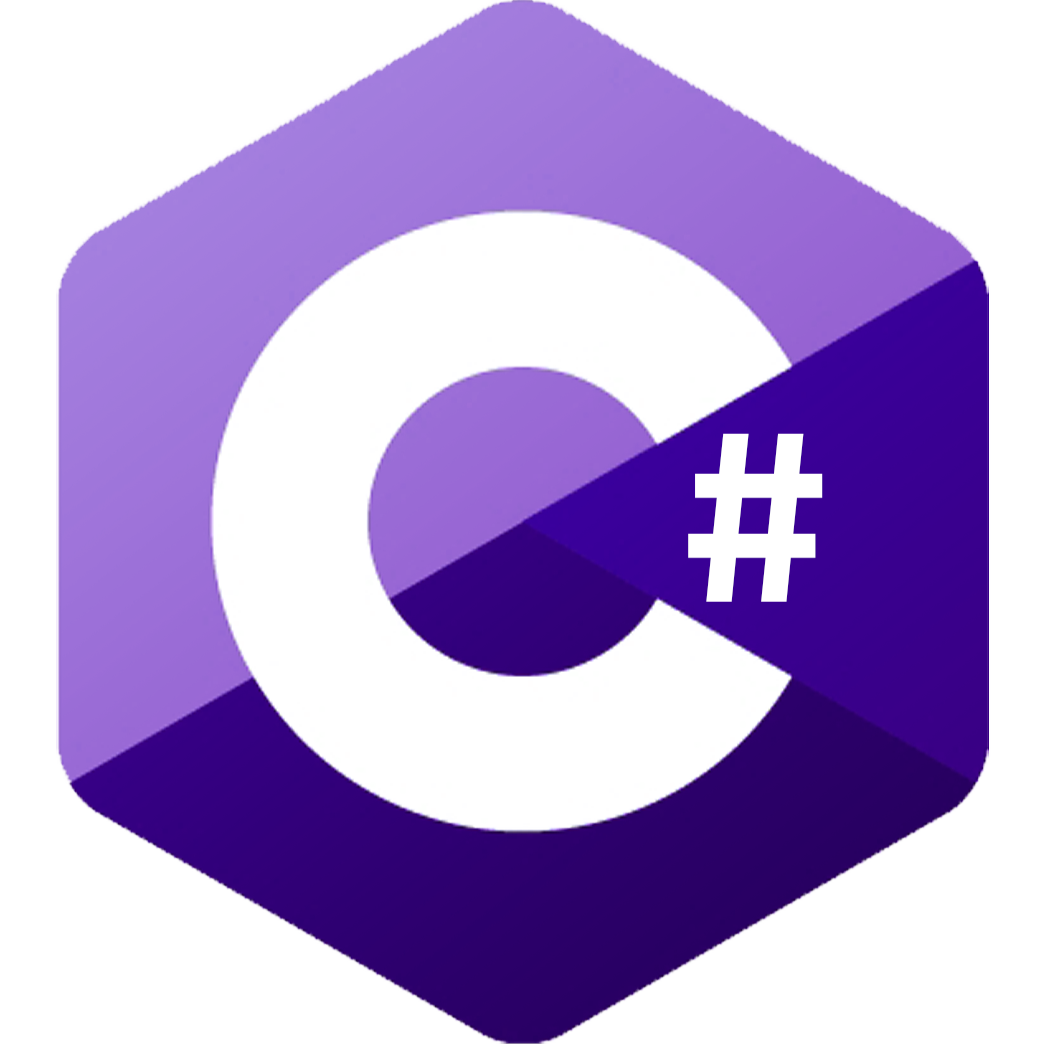
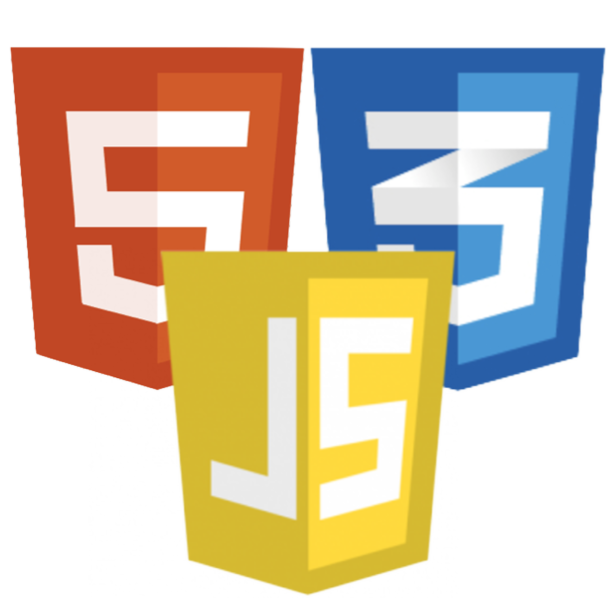
The Quantum Poiesis project is a piece where I did the coding for
an artist. It is the first step towards a quantum computer speaking Old English.
It was displayed on an art exibition within the TU Delft library.
This piece runs a quantum computer simulation based on a quantum computer
from QuTech. The data from these quantum bits are plotted on a sphere, which are then
translated into letters. After linking the letters together into words, phonemes of
these words are generated. These are then spoken aloud by the computer using
a Text-to-Speech engine. To ensure this system runs continuously in an exhibition,
it needed to be robust and capable of running indefinitely without human intervention.
This piece required a combination of different coding languages, I coded the backend in Python
and was asked to do the frontend in Kotlin and
OPENRNDR. So I learned Kotlin to make it
possible, and although the communication between languages created its own challenges,
it all worked out amazingly.


I do a lot of coding just for fun for years now. And my go-to small project has always been
small games. I used pygame for most
of these games, but quickly ran into problems with UI elements being too complicated to quickly
implement.
So I decided to create a library on top of pygame that would make it possible to create
simple and easy-to-use UI elements. I created a library that would allow you to create
buttons, sliders, text boxes, and more. I put a lot of effort into it to make it incredibly
flexible and usable in many different contexts and usecases. And I still develop it to
this day. And creating games using the library has made my coding experience for these small
games infinitely more enjoyable.

Designing games is fun, I have made countless quick playable games or translated existing
games to the computer screen. I've also built larger games twice, using
Unity as the game engine to build the game
within.
The two larger games I have made were both with other people, working in a team to create the
best game we could in a tiny bit of time. Using C# for these games to build the scripts which
run the game itself. I coded multiple things, but the largest thing I implemented into these
group projects was a fully implemented inventory system. Including power-ups and tools for
the player to use, yielding different effects and uses.

This project was aimed at infinite generatable poem generation within its simpelest form. Using
related words to create an infinitly varying chain of related words.
This was done with two main tools: A LLM API and a Vector database. It implemented a large
vector database of words and used it together with the LLM alternating to create a varying
chain. First, the LLM would yield a word followed by a related word set to a certain "distance"
within the vector database. After that the LLM would yield a new word relating to the previous
word. By alternating between these steps, the chain of words could be infinitely long.
